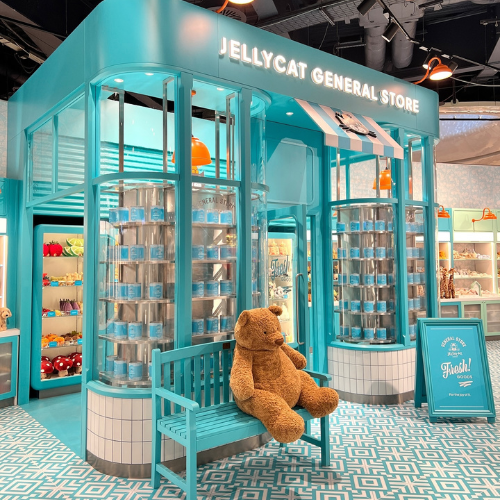As the retail market continues to evolve, Start Licensing’s Ian Downes shares his insights on distribution in the licensing space.
“One of the early lessons I learnt in licensing from my old CPL bosses, Richard Culley and David Cardwell, was the importance of distribution and working with companies who can get ‘your’ products into distribution. It sounds like an obvious thing, but often licensing deals can fall at the final hurdle – the licensed products don’t get to market or only achieve very narrow distribution. I think Richard and David would be making this point even more strongly these days given the changing shape of the retail market. However, on a positive note, I think licensees and rightsholders have got better at identifying, nurturing and developing distribution these days. Part of this has been a better understanding of developing licensed product ranges with specific distribution channels in mind, be that driven by price, theme or location.
I recently spotted some good examples of licensed products featuring strongly in distribution channels which really highlights the point that an awareness of where you will sell your licensed products is a key part of the licensing mix. Sports licensing is a growing feature on the licensing map. Companies such as FOCO have developed a strong hand in the market, working with football clubs such as Chelsea to develop licensed ranges which they take to the general market, also supplying the club shop with product. On a recent visit to Stamford Bridge I saw FOCO’s Stadium construction toy – a build your own stadium kit – enjoying a prominent display position in store. Working with licensees like FOCO means the club is getting access to more bespoke products, while FOCO is reaching core fans in an efficient way. The distribution they achieve in the club store also helps underwrite NPD costs.
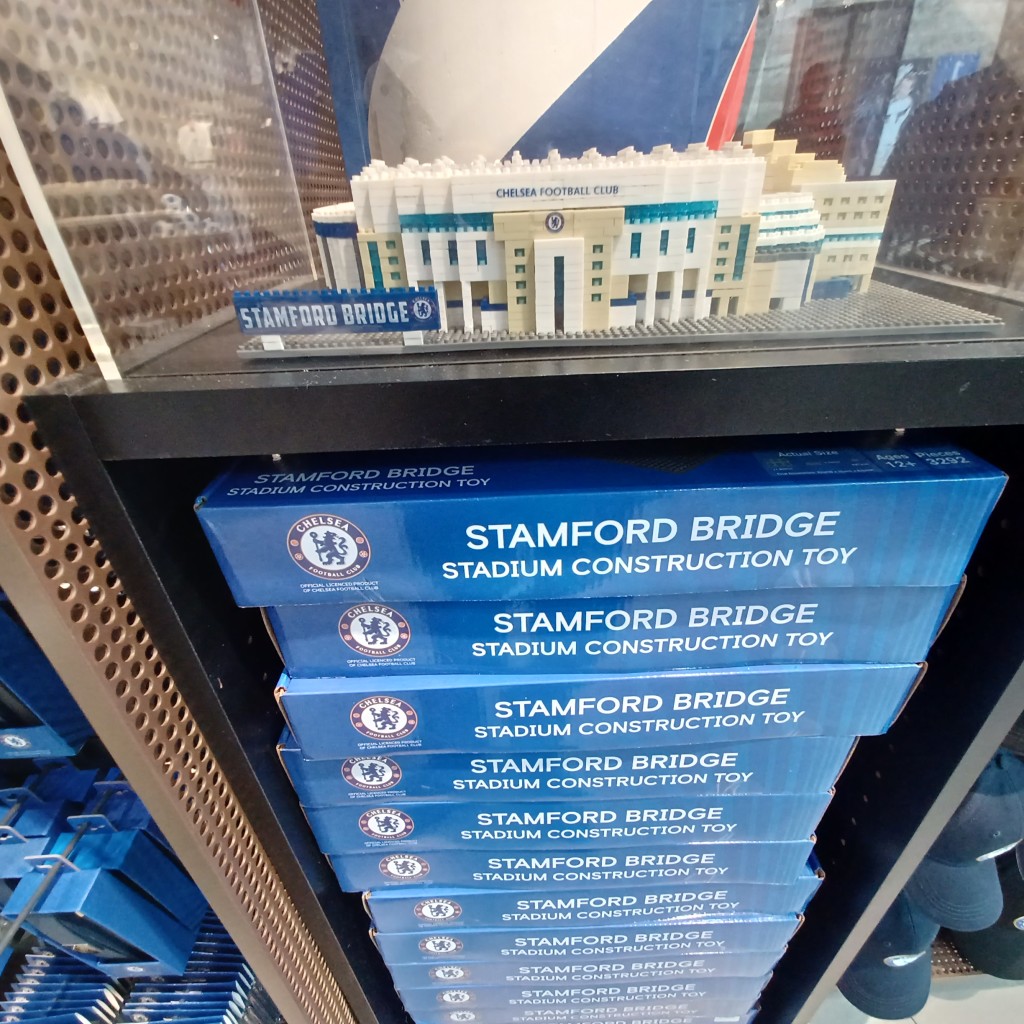
Likewise, department stores can be really good retail channels for licensed products. One benefit department stores can have is that they can buy on a local or regional basis ensuring their product mix reflects local demand and opportunities. Ely’s in Wimbledon is a really good example of a shop that is part of the local community and knows its customers well. Given that Elys first opened in 1876, it has a lot of retail knowledge to rely on, with the store having official Wimbledon tennis towels on display. This is ahead of the Wimbledon tennis tournament starting, but the store recognises the interest the event generates locally and the visitors it brings into Wimbledon.
Ely’s are also a really good example of a retailer which is willing to support brands and build ranges in store. They seem to understand the value of well chosen licenses and the pulling power a brand can have at retail. With this in mind, the store had a number of really well curated brand-led displays including a gardening feature area that included RHS product from Burgon & Ball, a William Morris homewares display including products from Spode, and one for Eleanor Bowmer. It’s good to see licensed ranges being sold in this way, not least as these kind of product ranges are created and sold as collections and work well as a range.
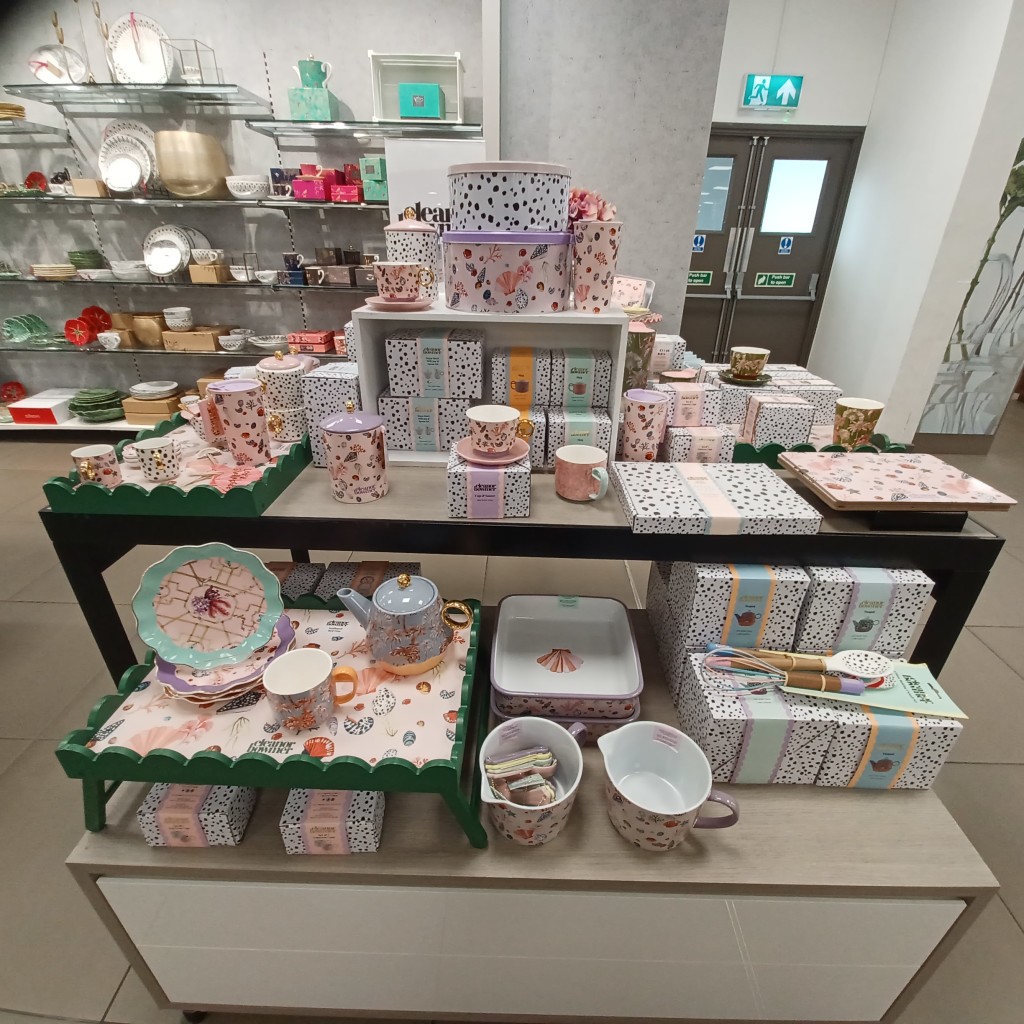
Another good example of licensing aligning well with a specific distribution opportunity is the growth in licensed products stocked by garden centres, which have expanded their product range with licensing benefitting from this. The RHS is a leading example of a brand working well in this channel, while card companies like Abacus, Woodmansterne and Museums & Galleries having made sure they have licenses in their portfolios that suit the sector.
It is also worth noting that brand owners and specialist retail operators are building their own distribution through activities such as pop up shops or dedicated themed retail. Miffy currently has a pop up shop in London, near Chinatown, which blends licensed products with specially developed ‘retail exclusive’ lines that reflect the location while the Harry Potter Shop At Platform 9¾, located at King’s Cross station, appears to go from strength to strength. I expect to see more brands developing themed retail experiences and opportunities; indeed the ‘shop in shop’ concept is probably one other retailers should consider. Licensing is a way of driving footfall.
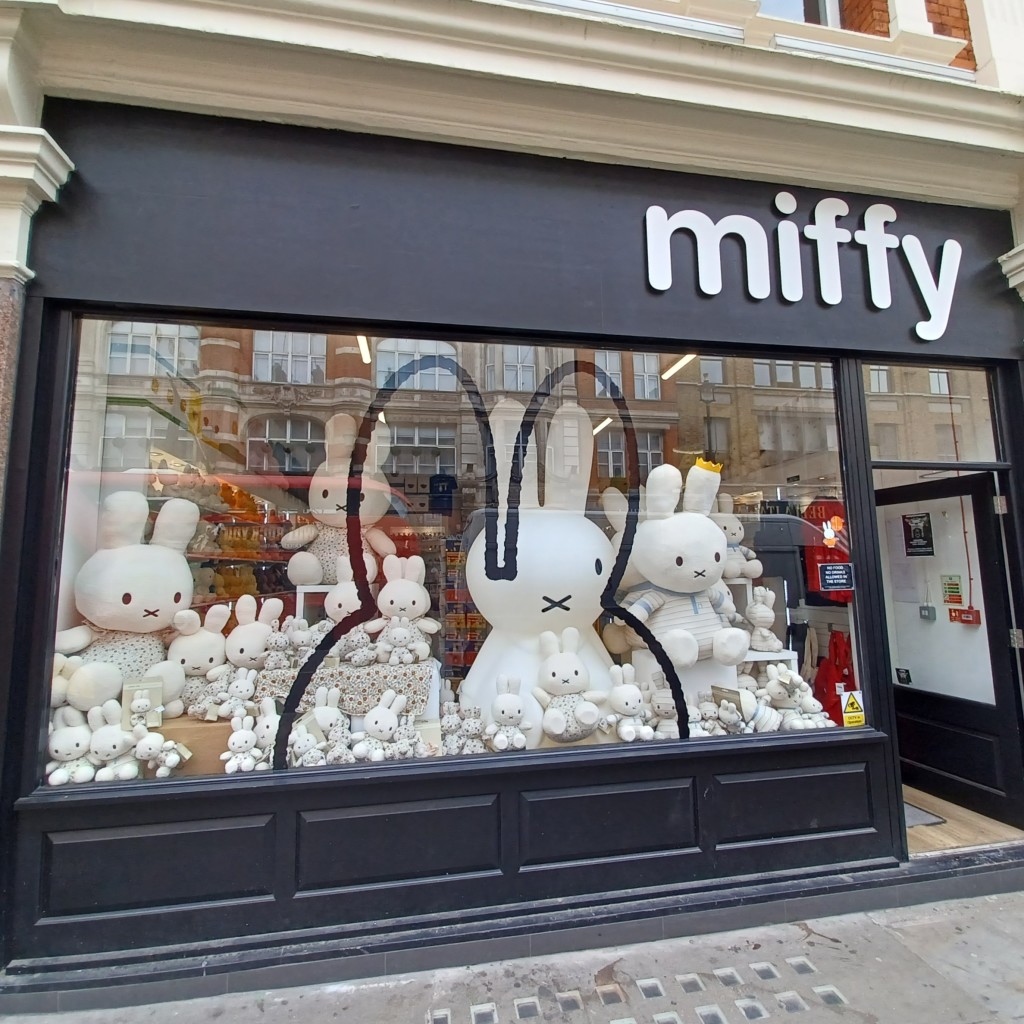
Distribution is a key component of any licensing deal and it is worth asking the Cardwell and Culley question, “It’s a good deal but where are you going to sell it ?” However, these days they might be pleasantly surprised that there are more places and ways of selling ‘it’.”
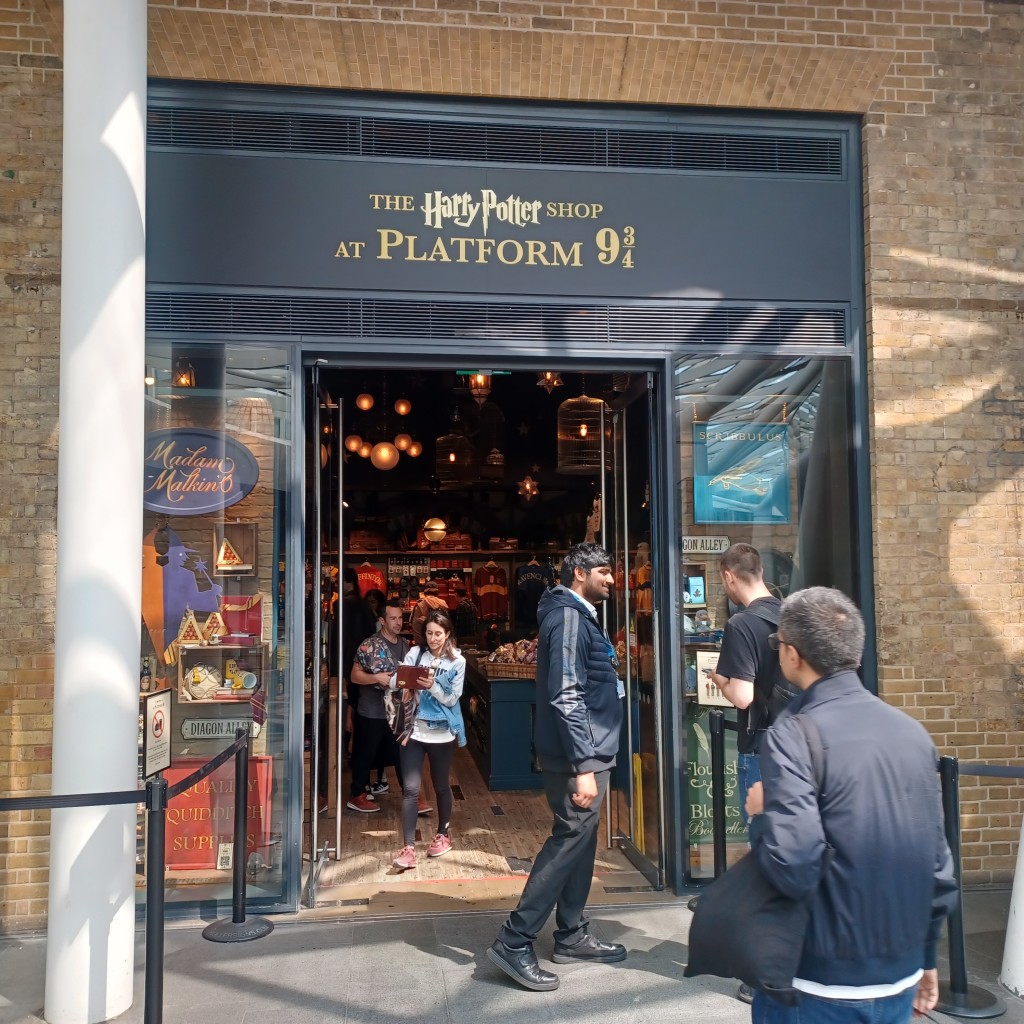
E: ian@startlicensing.co.uk; Tel: 07776 228454; twitter.com/StartLicensing
Top: Ian Downes runs Start Licensing, an independent brand licensing agency.
















